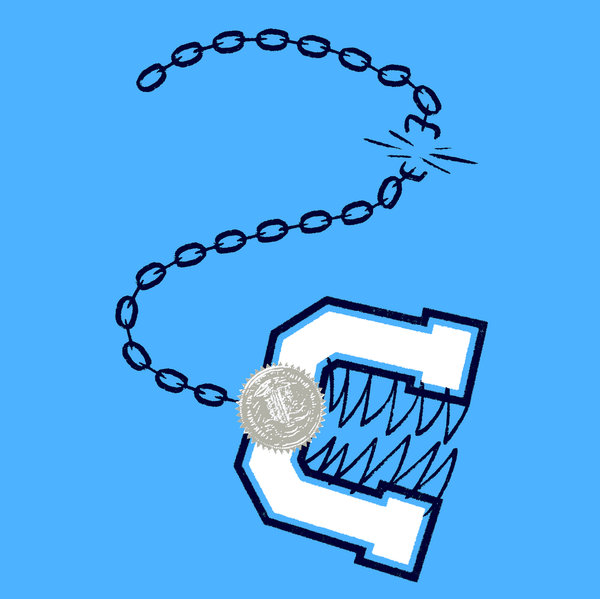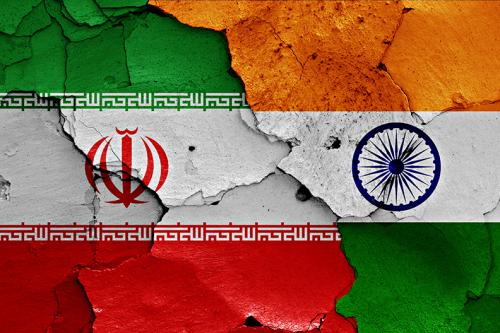Aisha Sarwari |
Private education is a billion-rupee industry in Pakistan. It is a perceived national consensus that public education is not even half as good as private education. Like all other government offered services, government service delivery is considered to be below par. So, the best thing you can do for a child is to send them to a private school, if you want them to be globally competitive.
This is irrespective, of how over-priced they are because somehow a common notion is that the fee charged is a direct indicator of the quality of education. This untested theory is so ingrained in our society that anyone can run a profitable business by opening a school in an inadequate building, with unqualified staff and no facilities.
This law will ensure that private schools maintain a minimum level of providing quality education and will safeguard the interests of the general public.
The market is so inclined in their favor that the monopolistic policies of private schools hardly come of as a surprise. Owners of private schools in Pakistan can be rightly assimilated to mafias. They operate in a highly unregulated environment where it is very easy for them to manipulate parents in to paying unrealistic fees. They are members of several boards and sometime use their influence on policy making.
Read more: School based budgeting is the future
Private schools spring up like mushrooms in any developing urban locality. Almost all of them operating from rented residential buildings that are highly unsuitable to provide a quality environment for a child’s development. Purpose built campus is a term unknown to these private schools systems.
They have complete disregard to educational quality concerns. They rarely meet minimum standards of student teacher ratios, teacher’s qualifications, wage requirements and commitment of hours per week. They form an exploitation racket that feeds of negative perception of public education in the country. Students, parents and teachers suffer alike at the hands of private schools.
The KP Private Schools Regulatory Authority Act 2017 is undoubtedly an overhauling step towards reforming the private schools systems of the province.
Now governments and particularly provincial governments are stepping up to address these issues in private education. The Khyber Pakhtunkhwa government has passed in to law the KP Private Schools Regulatory Authority Act 2017. This has been a crucial step in the education reforms agenda boasted by the current KP government.
Read more: KPK government brings revolutionary changes in education sector
Fee regulation introduced in this act has been its most remarkable feature. It is a safeguard for the public against the exploitation of private schools. Parents who were previously powerless against any fee raises by these schools will now find relief as this act ensures that there will be no more excessive and frequent fee raises by the private schools.
The government has also undertaken measures to supervise the curricula, scheme of studies and co-curricular activities at these private schools.
This act also calls for categorization in private schools. Based on the facilities provided, standard of educational campus, number and qualifications of the faculty and other important factors, private schools will now be assigned a category allowing the public to overcome the information asymmetry contributing to a major market failure. Now parents will be able to make better decisions on the basis of the category assigned to each school.
Read more: The quality gap in Pakistan’s education system
This bill also introduced monitoring and evaluation of private schools on a regular basis. Keeping a check on how they conduct their operations and meet the minimum requirements set by the government. Previously, there had been no such mechanism other than a ceremonious inspection visit by an assigned government official. The bill also introduced compulsory training for teachers of private schools. This ensures the lifelong learning of faculty employed by these schools and in turn makes sure that students get a quality education.
Owners of private schools in Pakistan can be rightly assimilated to mafias. They operate in a highly unregulated environment where it is very easy for them to manipulate parents in to paying unrealistic fees.
Under this act, best performing private schools will be rewarded based on the results of monitoring and evaluation conducted by the government. This will introduce a sense of competition amongst these private schools to deliver quality services to the public. The government has also undertaken measures to supervise the curricula, scheme of studies and co-curricular activities at these private schools.
Read more: Can education be decolonized in Pakistan?
The KP Private Schools Regulatory Authority Act 2017 is undoubtedly an overhauling step towards reforming the private schools systems of the province. This law will ensure that private schools maintain a minimum level of providing quality education and will safeguard the interests of the general public.
The views expressed in this article are the author’s own and do not necessarily reflect the editorial policy of GVS.














